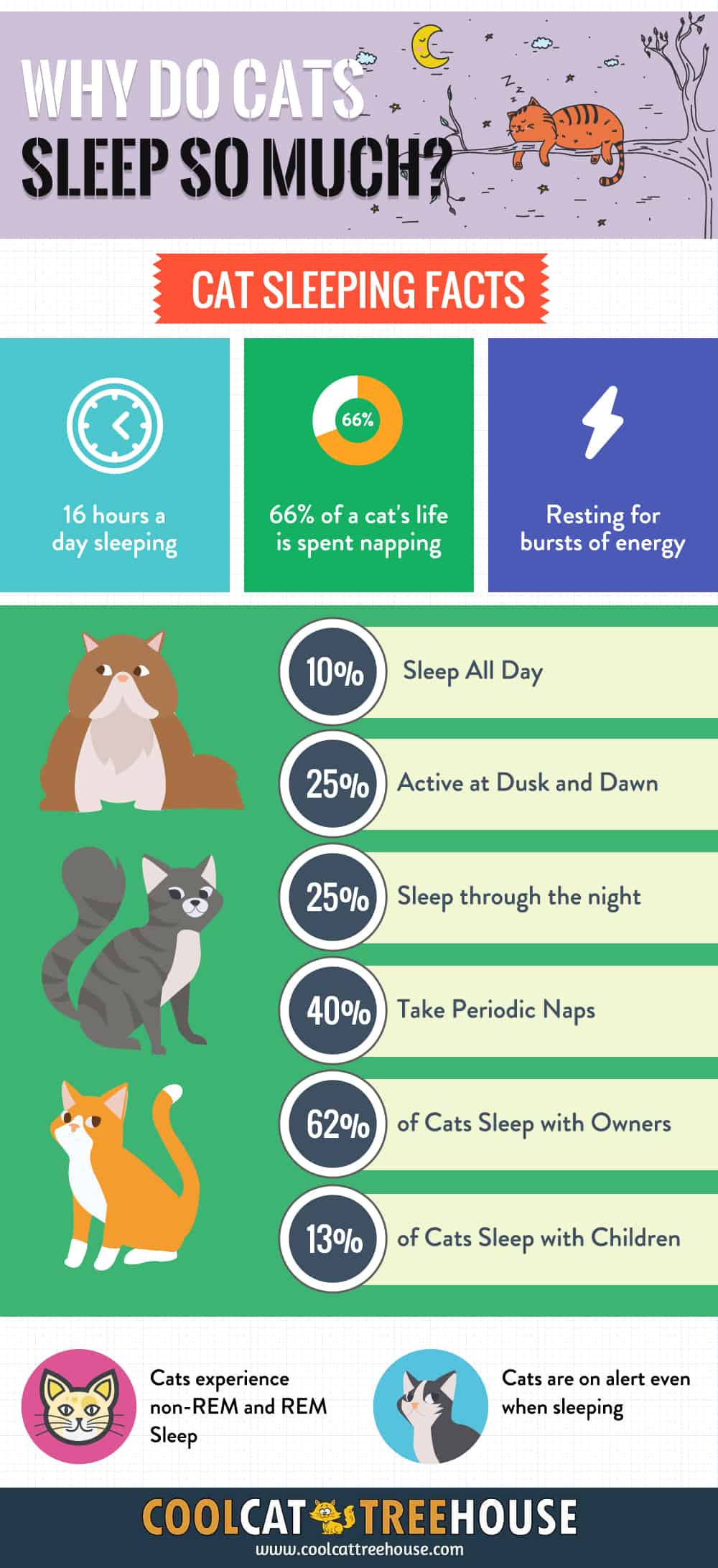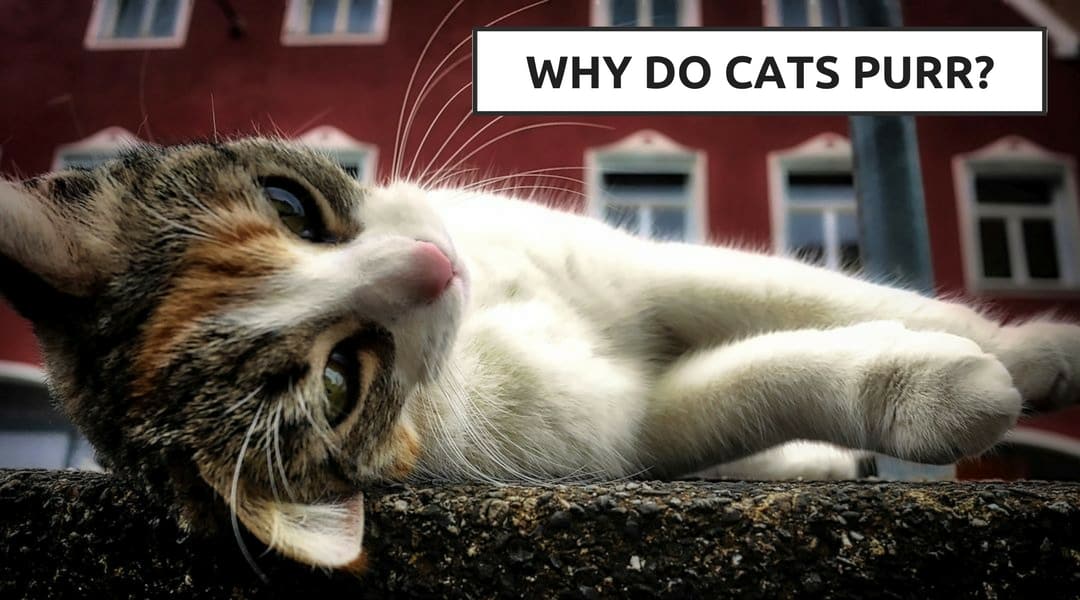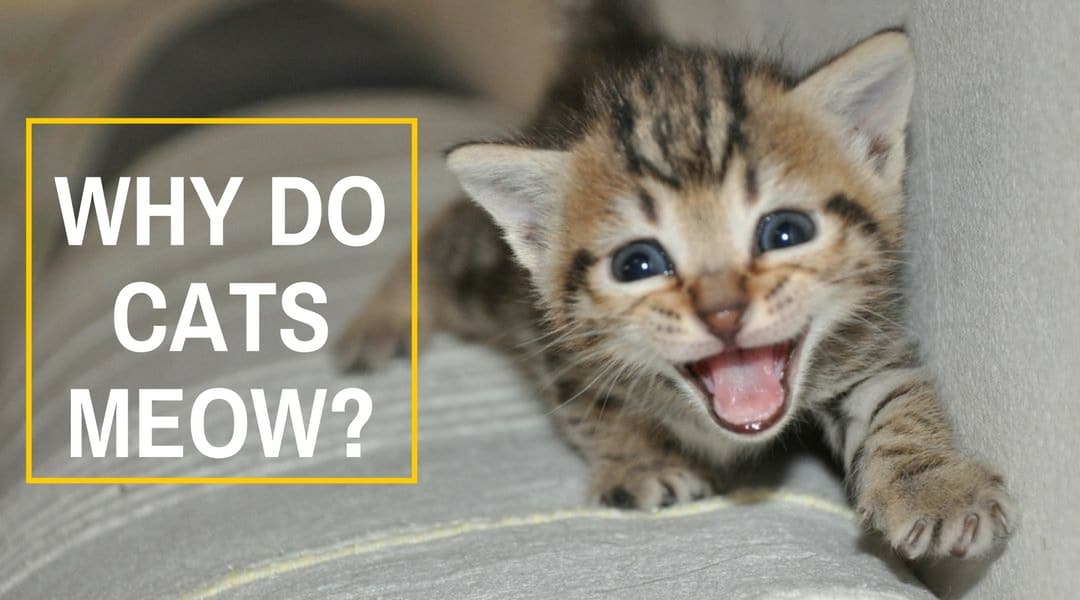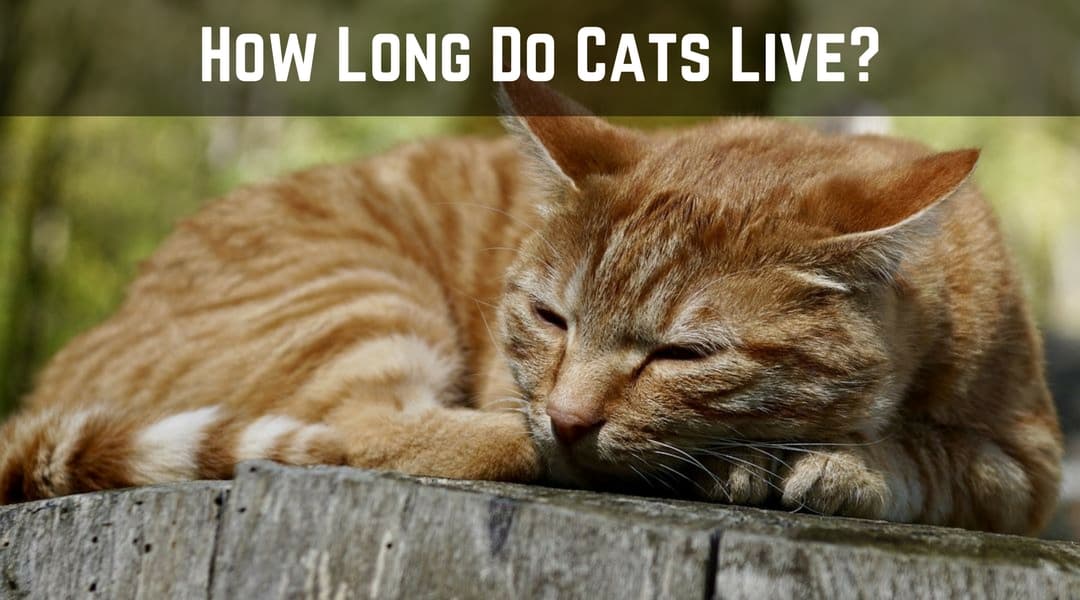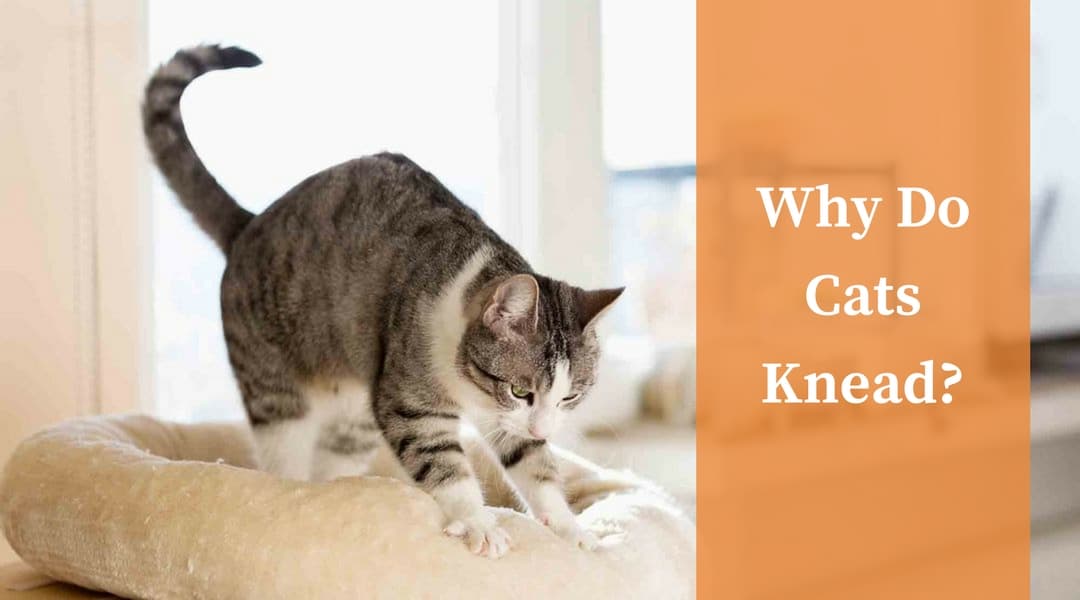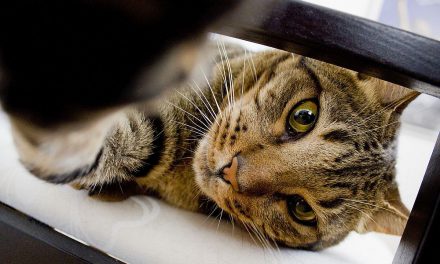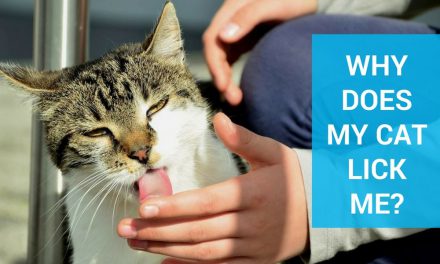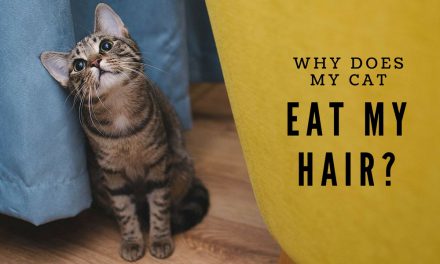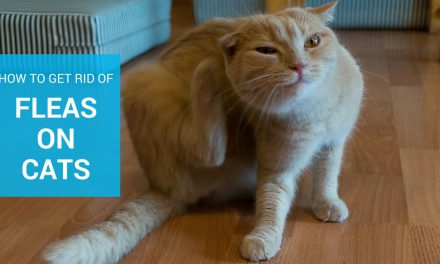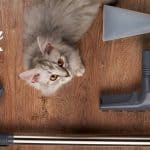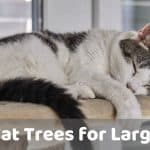Table of Contents
But, Why Do Cats Sleep So Much?
While it may easily be taken for laziness, it isn’t so. The cat can’t help it; the sleep pattern is already hard-wired in its system, and for various reasons.
One of the reasons for a cat’s daytime slumber is because of the energy they need to hunt. The predatory nature of cats dictates that they be able to walk around looking for food, and spring energetically within a short time.
So, they need to store or conserve as much energy as they
Cats also don’t need to hunt a lot as they’re often kept as pets and provided with food. Therefore, they will spend most of the time relaxing, their stomach already full. They will only wake up at night, not to look for food, but to obey
Other Reasons a Cat Would Sleep a lot
In addition to the above reasons, other factors affect the time your cat spends sleeping. They include:
Age of the Cat
A kitten doesn’t need to hunt. Therefore, it will spend most of its time lazing around, in sleep. While the time it spends in slumber changes as it ages, it usually doesn’t show much change, and it will still be sleeping for 75 percent of the day.
Older cats are mostly inactive due to their body systems slowing down. You will notice that they spend more time in sleep than they used to. This habit is common in cats that are quite old, seven years or so. They don’t hunt a lot and don’t seem interested in play.
Weight of Your Cat
An obese cat is slow and mostly inactive. Weight makes the cat loathe moving around a lot, preferring to remain in one place, sleeping. Whether you want your cat to be active or not, avoid allowing your cat pet to grow overweight. In addition to sleeping too much than is necessary, the cat is at risk of developing health issues related to obesity.
Introducing the right cat diet helps, as well as using toys to make the cat active. There are cat foods that are specially formulated for weight reduction and prevention in cats, and you should feed your pet on such foods. However, before doing so, speak to your vet to develop a plan to address your cat’s weight problem.
Boredom
Most of the time, cats drift into sleep because they have nothing to do. Being flesh eaters, they won’t spend a whole day eating, unlike animals that graze. So, they will sleep away the daytime hours, only waking if there’s a meal for them or if they’re disturbed. They will not remain awake for long, though, unless you keep them busy.
To avoid boredom and make your cat active, you can provide it with toys. Some are automatic, being battery operated. They keep your cat occupied and active, especially the ones that mimic a mouse. If your cat doesn’t need to hunt and you want it to sleep at night rather than during the day, toys are great at ensuring that. The toys will tire out the cat and force it to sleep at night.
Cat Health
A cat naturally sleeps for as much as three-quarters of the time in a day, but an unhealthy cat will sleep for more. It’s advisable to check your cat’s health condition if you notice it sleeping more than is normal. It could mean an underlying health problem. Have a vet examine your cat if you notice lethargy instead of the normal sleep habit.
Weather Effect
Just like in humans, cats also react to weather changes. When it’s hot, and you’re feeling lethargic, don’t be surprised if your cat feels the same and spends the whole afternoon sleeping. Or, it can be a cold day, and your cat feels the need to curl up and enjoy a nap. While weather-related sleep may not be that much pronounced, it happens and can make your cat sleep for longer than is usual.
Do Cats Really Sleep Heavily?
A cat will appear to be asleep when it isn’t really in a deep sleep. What cats actually do is
You will notice a slight twitching of a cat’s ears or tail while in sleep. It means the cat is not in a deep sleep and can wake at the slightest provocation. It’s a natural instinct that’s beneficial to their way of life. So, the next time you see your cat nicely curled up in sleep, don’t think it’s in actual deep sleep, it may only be napping. The naps alternate to allow the cat enough sleep while keeping it alert for most of the time.
Do Cats Dream?
Cats experience what is known as rapid eye movement, just like we do. It’s during this time that cats dream. What they dream about no one knows, but your guess is as good as mine- that it’s all about a cat and mouse chase. Or maybe the cat is dreaming about you. We’ll never know.
Why do Cats Sleep so Much Summary
Cats naturally sleep for long, spending more than three-quarters of their lives in slumber. It doesn’t affect them in any way, though. In fact, sleep helps cats to be in good health, facilitating growth and repair within their bodies.
References
5 Facts About Cats and Sleep
Why Do Felines Sleep So Much
Why Do Cats Sleep So Much Infographic
